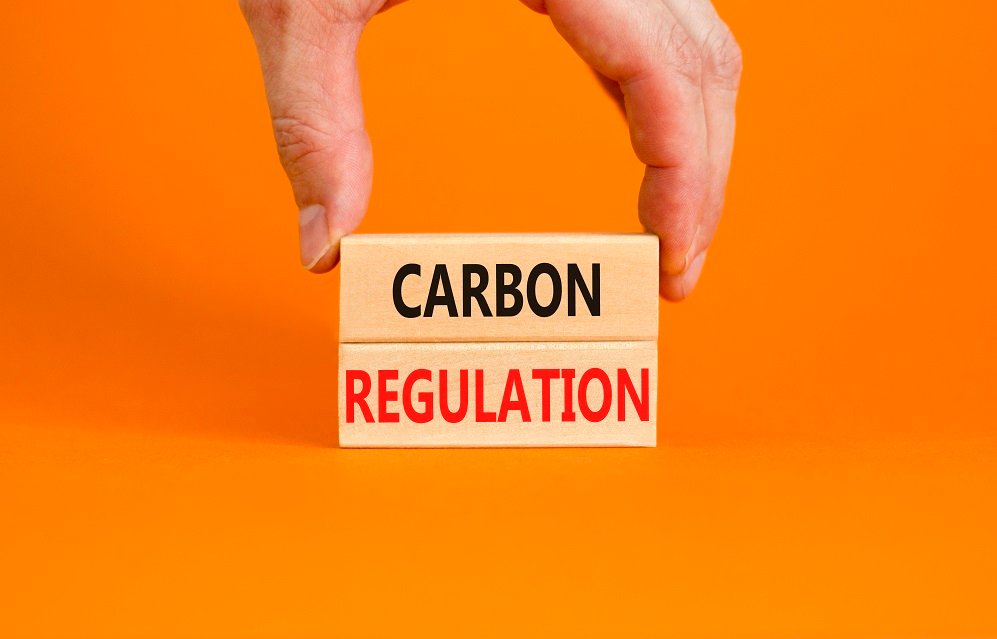On April 24, 2023, China’s Standardization Administration, nine other government departments and People’s Bank jointly published guidelines on the development of standards for carbon emissions peaking and carbon neutrality.
The guidelines set the target of creating and revising 1000 national and industry standards by 2025. Key fields for standards development include:
- green product evaluation,
- energy quotas for manufacturing,
- hydrogen stations and their main technologies/equipment,
- fuel cells and other technologies for hydrogen energy,
- recycling of plastic, traction batteries and other materials, and
- carbon capture, utilization and storage (CCUS).
Main targets
- Create and revise 1000 national and industry standards by 2025.
- Noticeably increase the consistency with international standards.
- Create standards for the calculation and measurement of carbon emissions in whole key industries.
- Gradually implement stricter energy consumption and efficiency standards for key industries and key products.
Examples of the key fields for standards development
- Carbon emissions monitoring, calculation and inspection: calculation and reporting of carbon emissions by companies and their data quality in key sectors, including energy, chemical production, machinery, IT and transportation
- Low-carbon management and evaluation: environmental impact assessment, green product evaluation, statistics and calculations regarding green and low-carbon industry
- Energy conservation: energy quotas in key industries, including chemicals, non-ferrous metals, light industry and machinery; as well as stricter energy-related mandatory standards for key products and equipment, including home appliances, industrial equipment, lighting products, data centers, new energy/renewable energy equipment, and machinery manufacturing equipment
- Non-fossil energy: monitoring and evaluation of solar energy resources, high-efficiency solar cells, hydrogen stations and their main technologies/equipment, and fuel cells and other technologies for hydrogen energy
- Recycling: recycling of plastic, traction batteries and other materials, as well as remanufacturing of automotive parts, engines, tools, etc.
- CCUS: basic standards for CCUS, such as standards for terminology and evaluation
- Carbon trading: carbon emission allowances, as well as coordination, transactions, offsetting, etc. in the carbon market
The guidelines (in Chinese) are available at
https://www.mee.gov.cn/xxgk2018/xxgk/xxgk10/202304/t20230424_1028080.html
 China issues guidelines on standards development for carbon emissions peaking & carbon neutrality
China issues guidelines on standards development for carbon emissions peaking & carbon neutrality 

























